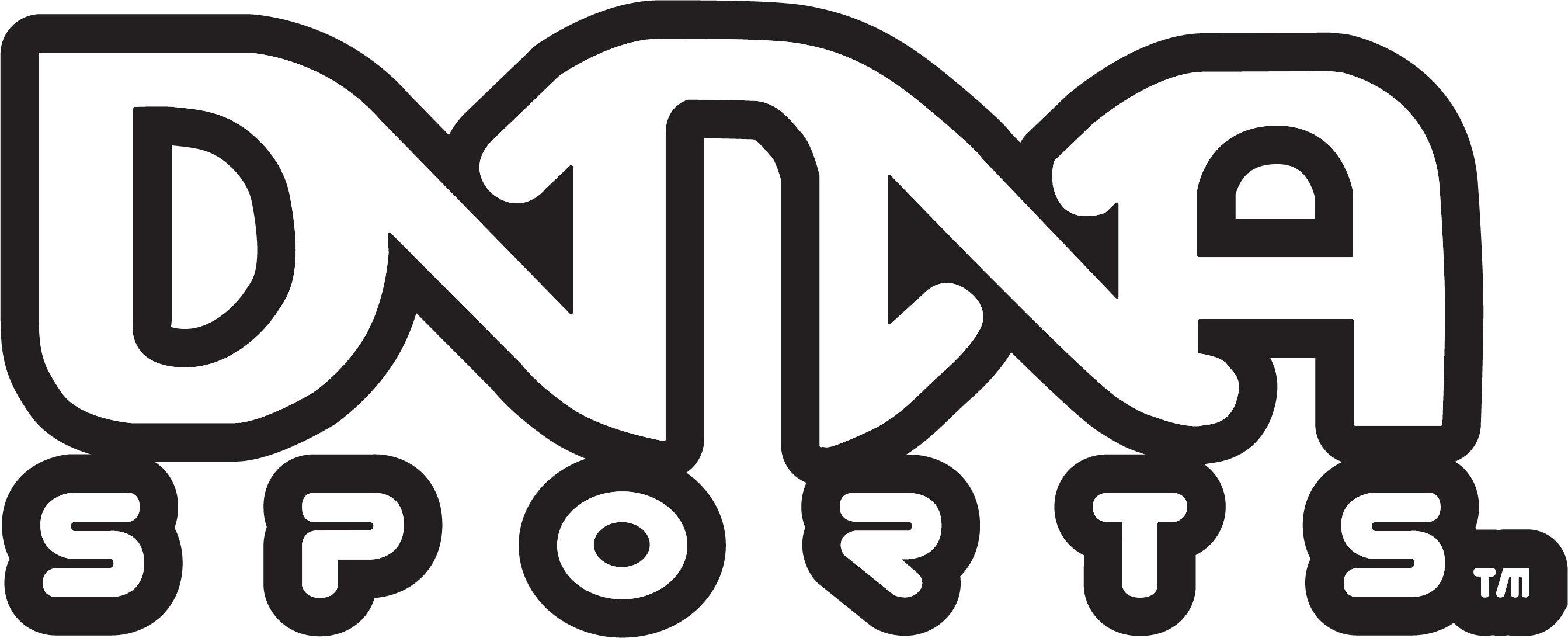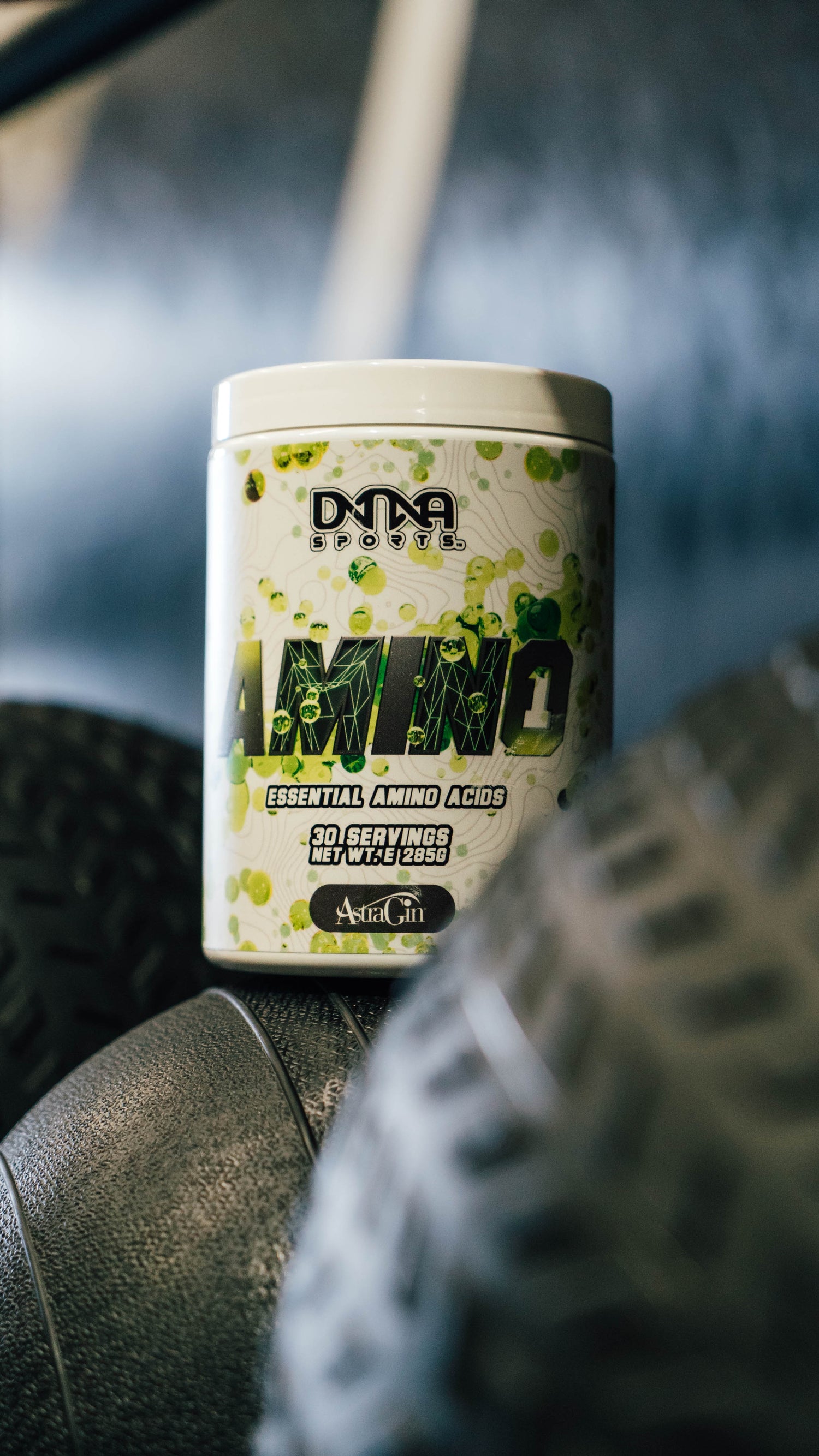Unwrapping the Essentials: A Deep Dive into Amino Acid Supplements
From professional bodybuilders to the casual gym-goer, amino acid supplements have become a staple in the routines of those looking to gain an edge in their fitness goals. But behind the sleek packaging and persuasive marketing lies a complex world of biochemistry and nutrition. This comprehensive blog aims to dissect the often misunderstood amino acid supplements, particularly essential amino acids (EAAs) and branched-chain amino acids (BCAAs). Whether you're aiming to build muscle, recover from workouts faster, or simply bolster your overall health, this guide can help you make informed decisions about the supplements you're considering adding to your routine.
The Basics of Amino Acids
Before we talk about supplements, it's crucial to understand the building blocks of protein—amino acids. Amino acids are organic compounds that combine to form proteins. They are often referred to as the "building blocks of life" due to their role in the growth, repair, and maintenance of body tissues. There are twenty amino acids in total, nine of which are classified as essential, meaning the human body cannot produce them on its own; they must be obtained through the diet or supplementation.
Why Are They Important?
Amino acids aren't just important; they are vital. They play a significant role in nearly every biological process, impacting everything from immune function and tissue repair to digestion and fertility. Athletes keen on maximizing the benefits of their workouts often look to amino acid supplements to ensure their bodies have the necessary components to support lean muscle growth and aid in recovery.
Distinguishing BCAAs and EAAs
Branched-chain amino acids (BCAAs) and essential amino acids (EAAs) are often mentioned interchangeably, but they serve different functions, and understanding these distinctions is key.
BCAAs: The Triple Threat for Muscle
BCAAs—leucine, isoleucine, and valine—comprise three of the nine essential amino acids. They are distinguished by their branched molecular structures and have been singled out for their unique properties in muscle support.
Role in Muscle Synthesis and Growth
Leucine, in particular, has been the focus of numerous studies highlighting its role in initiating muscle protein synthesis, the process through which cells repair and grow, leading to increased muscle mass when combined with resistance training.
Fuel for Exercise
During exercise, BCAAs can be used as a source of energy when glycogen stores are depleted, potentially delaying the onset of fatigue, reducing muscle soreness, and improving endurance.
Muscle Sparing
Consuming BCAAs can also be advantageous during periods of calorie restriction or intense training, where they help prevent the breakdown of muscle tissue and support the retention of lean muscle mass.
EAAs: The Complete Package
While BCAAs play a significant role in the muscle building process, EAAs are critical as they represent all nine essential amino acids, ensuring a more comprehensive support for muscle health and overall well-being.
Muscle Protein Synthesis
Just like BCAAs, EAAs support muscle protein synthesis, but they go further by enabling the 'completing' of the synthesis process, which BCAAs alone cannot do.
Enzymatic Functions
EAAs are also crucial for the synthesis of important metabolic enzymes and proteins, further contributing to muscle, tissue, and organ health.
Hormone Production
Certain essential amino acids are precursors to various hormones, including growth hormone, insulin, and thyroxine, which can influence muscle growth, recovery, and metabolism.
It's evident that both BCAAs and EAAs play a crucial role in promoting muscle health, but the context of supplementation should be determined by individual goals and requirements.
The Benefits of Amino Acid Supplementation
For those considering amino acid supplements, it's essential to recognize the potential benefits and how they align with specific wellness objectives.
Muscle Recovery and Soreness
Increased amino acid availability after workouts can lead to faster recovery by accelerating the repair of muscle tissues. This reduction in recovery time may also translate to less muscle soreness, allowing for more frequent and intense workouts.
Muscle Preservation
During periods of caloric deficit or inactivity, muscle breakdown can occur. BCAAs and EAAs can help prevent this catabolic process, preserving hard-earned muscle mass.
Supporting Strength and Endurance
Combining amino acid supplementation with a proper training regimen can lead to enhanced strength gains and improved endurance, owing to their role in protein synthesis and energy production.
Immune Function
Intense physical activity can temporarily weaken the immune system. Adequate protein intake, facilitated by amino acid supplementation, can bolster immune function, reducing the likelihood of overtraining and associated illness.
Mental Focus
BCAAs, specifically leucine, have been linked to improved cognitive function and reduced mental fatigue. Athletes might find this particularly beneficial during long sessions or competitions.
Understanding these potential benefits can help individuals tailor their supplementation to their own set of needs and objectives.
What Are Essential Amino Acids (EAAs)?
The term 'essential' does not overstate the importance of EAAs. They are indeed indispensable and need to be a part of a well-balanced diet or supplementation regimen for various reasons.
Health Implications
The absence of any of the nine EAAs in the diet can lead to health complications, from stunted growth and development to impaired immune system function and eventual muscle wasting.
Complete Protein
Complete proteins contain all nine EAAs in the appropriate ratios required by the human body. Sources of complete proteins include animal products and certain plant foods like quinoa and soy.
EAA Deficiency
A deficiency in EAAs can result from malnutrition, certain health conditions, or extreme diets. This is why supplements that offer balanced EAA profiles can be an effective way to ensure optimal daily intake.
By incorporating foods or supplements rich in essential amino acids, individuals can take charge of their health and fitness by addressing specific nutritional requirements that may go unmet in their regular diet.
Choosing the Right Amino Acid Supplement
With the increasing popularity of amino acid supplements, the market is saturated with a variety of products. Navigating these options can be overwhelming, but a few key considerations can help in making the right choice.
Quality and Purity
Look for supplements from reputable brands that are third-party tested for quality and purity. This offers assurance that what you're consuming is safe and effective.
Form and Dosage
Amino acids can be found in various forms such as powders, capsules, or as an additive in other supplements. The form you choose should align with your convenience and preference. Dosages should be in line with clinical studies showing benefits, typically placed on the label or recommended by a healthcare professional.
Purpose and Timing
Consider the purpose of supplementation—whether it's to boost workout performance, enhance recovery, or support overall health. The timing of ingestion can also make a difference, with many athletes consuming amino acids pre-, intra-, or post-workout for the best results.
Cost Versus Value
While cost is a factor, consider the value of the supplement in relation to the benefits it provides. A more expensive supplement from a trusted brand may offer superior results compared to a cheaper, lower-quality alternative.
In Conclusion—Amino Acid Supplements and You
Amino acid supplements, particularly BCAAs and EAAs, are integral components in the arsenal of those pursuing physical fitness and well-being. Whether you're looking to ramp up muscle growth, speed recovery, or enhance your overall health, understanding the role they play and how to incorporate them into your regimen is vital.
The key to successful supplementation is knowledge—knowing the benefits, understanding the differences between types of amino acids, recognizing quality products, and tailoring your approach to your specific needs. It's about ensuring that every effort you put into your fitness and health is supported by the choices you make in the kitchen and at the supplement shelf.
With this in-depth exploration, you're now equipped to make informed decisions about amino acid supplementation. Remember, what works best for one individual may not work for another, so listen to your body, adjust as needed, and enjoy the transformational support amino acids can provide on your health and fitness journey.




Leave a comment
This site is protected by hCaptcha and the hCaptcha Privacy Policy and Terms of Service apply.